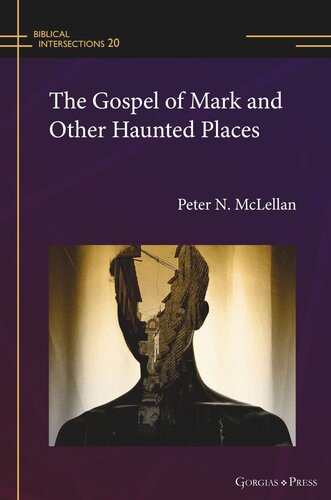

Most ebook files are in PDF format, so you can easily read them using various software such as Foxit Reader or directly on the Google Chrome browser.
Some ebook files are released by publishers in other formats such as .awz, .mobi, .epub, .fb2, etc. You may need to install specific software to read these formats on mobile/PC, such as Calibre.
Please read the tutorial at this link: https://ebookbell.com/faq
We offer FREE conversion to the popular formats you request; however, this may take some time. Therefore, right after payment, please email us, and we will try to provide the service as quickly as possible.
For some exceptional file formats or broken links (if any), please refrain from opening any disputes. Instead, email us first, and we will try to assist within a maximum of 6 hours.
EbookBell Team

5.0
20 reviewsEuro-American biblical scholarship has traditionally conceived of the Bible in a way that removes privileged readers from personal responsibility in the subjugation of marginalized communities. Peter McLellan terms this practice gentrified biblical scholarship: readers removed from difference, because of the gentrification of space in the West, who are left without the conceptual resources to understand their relationship with the Bible as simultaneous relationship with minoritized communities. McLellan deploys the theoretical fields of hauntology and critical space theory to argue that the Gospel of Mark is a haunted place. A project written largely in New Jersey’s wealthy northern suburbs, each chapter converses with vignettes from Newark, New Jersey’s Ironbound neighborhood—a low income, largely Latinx and immigrant community—to explore relations between these two otherwise isolated locales. The result is a discussion of gentrifications harmful effects on vibrant communities, made invisible to suburban Christian readers, and an effort to explore how marginalized people make persistent demands upon those who hold Mark’s Gospel sacred.